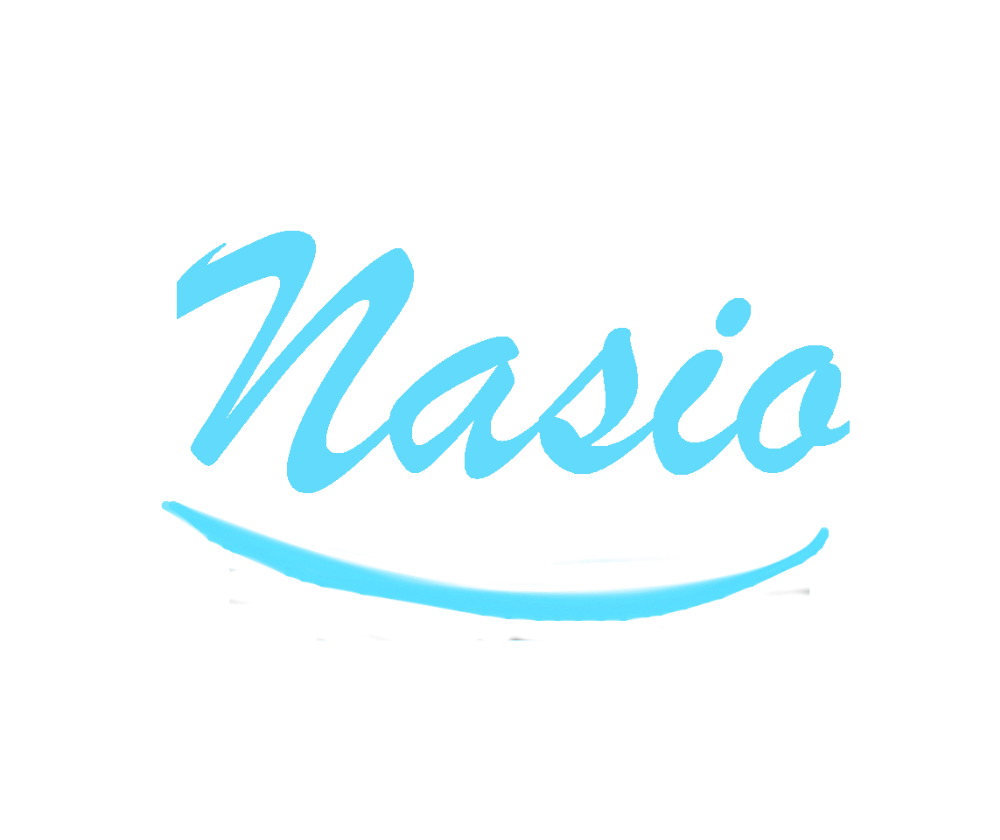Participation and Control
As the Internet has grown, the creation and invention of products, including software and applications, has proliferated. Because online society is far more participatory than its comparable offline cousin. For creators, collaboration has become the order of the day.
Online communities have taken a great leap forward and have begun to make lasting works as a function of their shared interests and preference for togetherness. Because these people aren’t just chatting. And so arise issues of participation and control.
Open Source
As you may expect, Open Source is the vanguard of that movement. But one interesting offshoot is how Apple is beginning to suppress unconventional and unauthorized development. According to Zittrain, J. (2010, February 3). A fight over freedom at Apple’s core. FT.com. [Link | Alternate Link],
“An e-mail reader was denied because it competed with Apple’s own Mail app. Imagine if Microsoft’s Bill Gates had decreed that no other word processor but Word would be allowed to run on the Windows operating system. Microsoft lost a decade-long competition lawsuit for far less proprietary behaviour.”
This participation culture is pervasive in OSS (Open Source Software) development communities. As a result, a Long Ranger type of developer seems to be becoming a thing of the past.
Hence as Liao, T. (Forthcoming.). Open source challenges: The role of the android developers challenge in shaping the development community. New Media & Society. [Posted to “Course Materials” on Blackboard] wrote,
“The practice of developers helping one another is noted across many OSS communities. In this case, even within the context of a competition, one type help that did occur was responses to direct inquiries. Eric, a graduate student programmer, describes his experience: ‘It’s pretty rare that I can’t find the answer to a technical question […] There are a few people who seem very helpful (interview).’
Michael Martin, founder of GoogleAndBlog.com, also described a general atmosphere of mutual help: ‘There was a lot of helping and assistance and kudos and compliments, […] from my perspective in talking to developers everyone was helping each other out as opposed to animosity or ultra-competitiveness (interview).’ Informants unanimously described the prevalence of this type of help occurring during the challenge and noted that the challenge did not have a noticeable effect on this type of help.” (Page 13)
Company Control
However, the other side of the coin is the question of how much control a company or a content producer can exert. As is explained above, Apple is putting the brakes on this sort of development, even though initially they had embraced it. But the general public is evolving, whether Apple likes it or not.
We are moving from a passive consumer culture to a far more proactive/active shared content creation/development/artistic/artisanal culture.
Produsage and Participation
This is a hybrid of production and usage that Axel Bruns has coined as a portmanteau word: produsage. See: Bruns, A. (2008). The key characteristics of produsage. In Blogs, Wikipedia, Second Life and beyond: From production to produsage (pp. 9–36). New York: Peter Lang. [Posted to “Course Materials” on Blackboard]. As Bruns states,
“For consumers turned users, the media are no longer ‘something that is done to them,’ as Shirky had described it for the traditional model; instead, they become much more actively involved in shaping their own media and network usage.” (Page 15)
But who owns what’s being made? Who decides on the direction that it can take? Can anyone exert a measure of control? In response to hacking issues, Congress got active. As Coleman, E. G. (2013). Coding freedom: The ethics and aesthetics of hacking. Princeton, NJ: Princeton University Press [Link | Whole-book PDF] wrote on Page 84,
“The copyright industries told Congress that their economic future in the new millennium utterly depended on a drastic revision of copyright law (Vaidhyanathan 2001). Congress listened. These industries successfully pushed for a bill— the DMCA— that fundamentally rewrote intellectual property law by granting copyright owners technological control over digitized copyright material. The main thrust of the act, with a few narrowly defined exceptions, is that it prohibits the circumvention of access and copy control measures that publishers place on copyrighted work.”
Personal Participation
But these all seem to be reactions after the fact of creation and invention. Congress acts to punish copyright violations. Apple shuts out Open Source development efforts. Produsage, it would appear, is not the manufacturer’s best friend.
But what of the artist? I can only speak for myself, but I have seen how consumption of art has also changed. Instead of readers more or less passively consuming artistic content, they morph it. Hence there are how many cover versions of songs on YouTube these days?
My own experience is perhaps even stranger. I post fiction online, with chapters spun out slowly over time and generally not posted all at once. I have had readers suggest to me the direction the story should take.
This is always completely unsolicited. It is as if our culture, which no longer can passively consume content, is also losing its understanding of the difference between critiquing and suggesting. I get the feeling no one suggested to Charles Dickens (who also published on an installment basis) that he should have four ghosts in A Christmas Carol, and not three.
Speaking only for myself and my own artistic creations, I want my control back.

